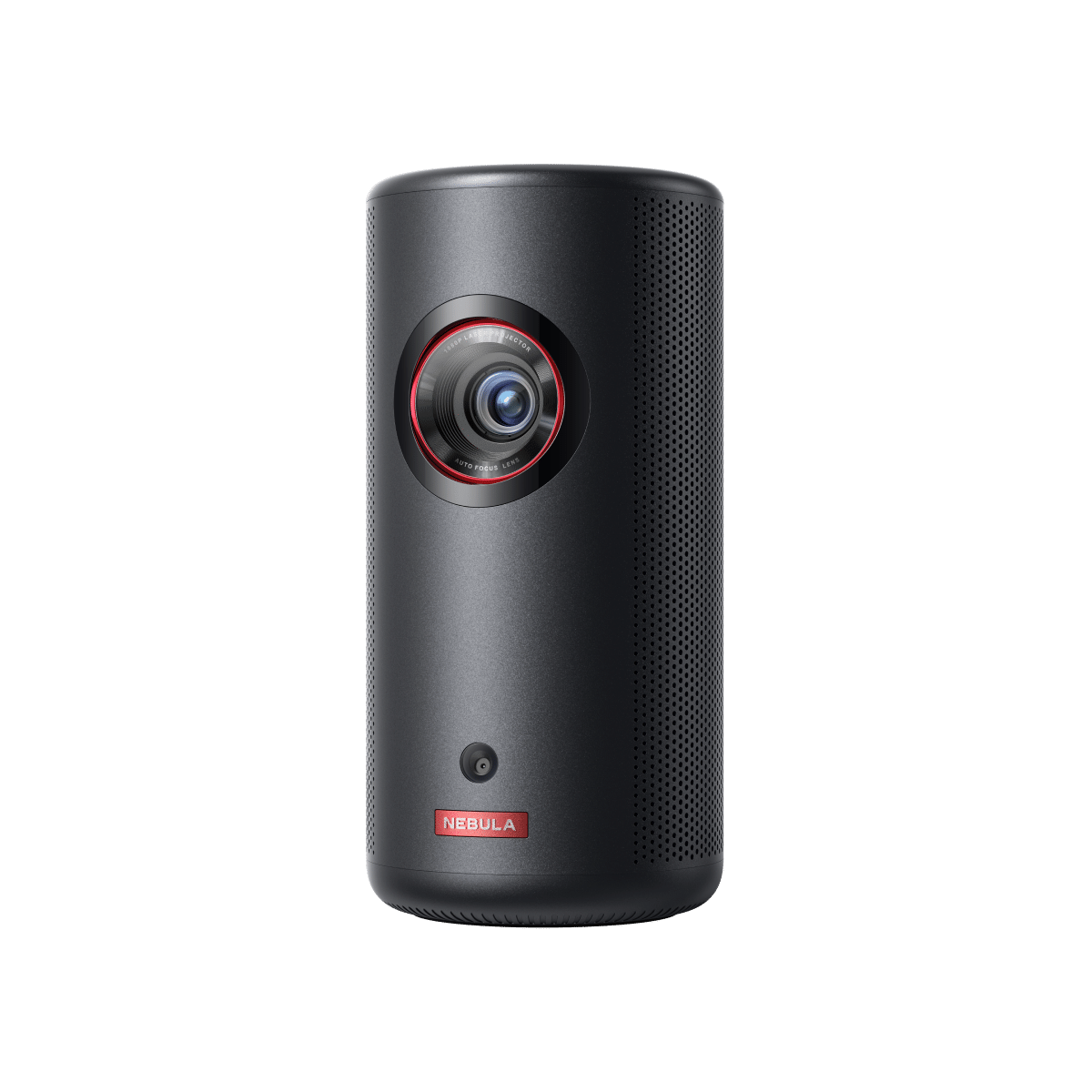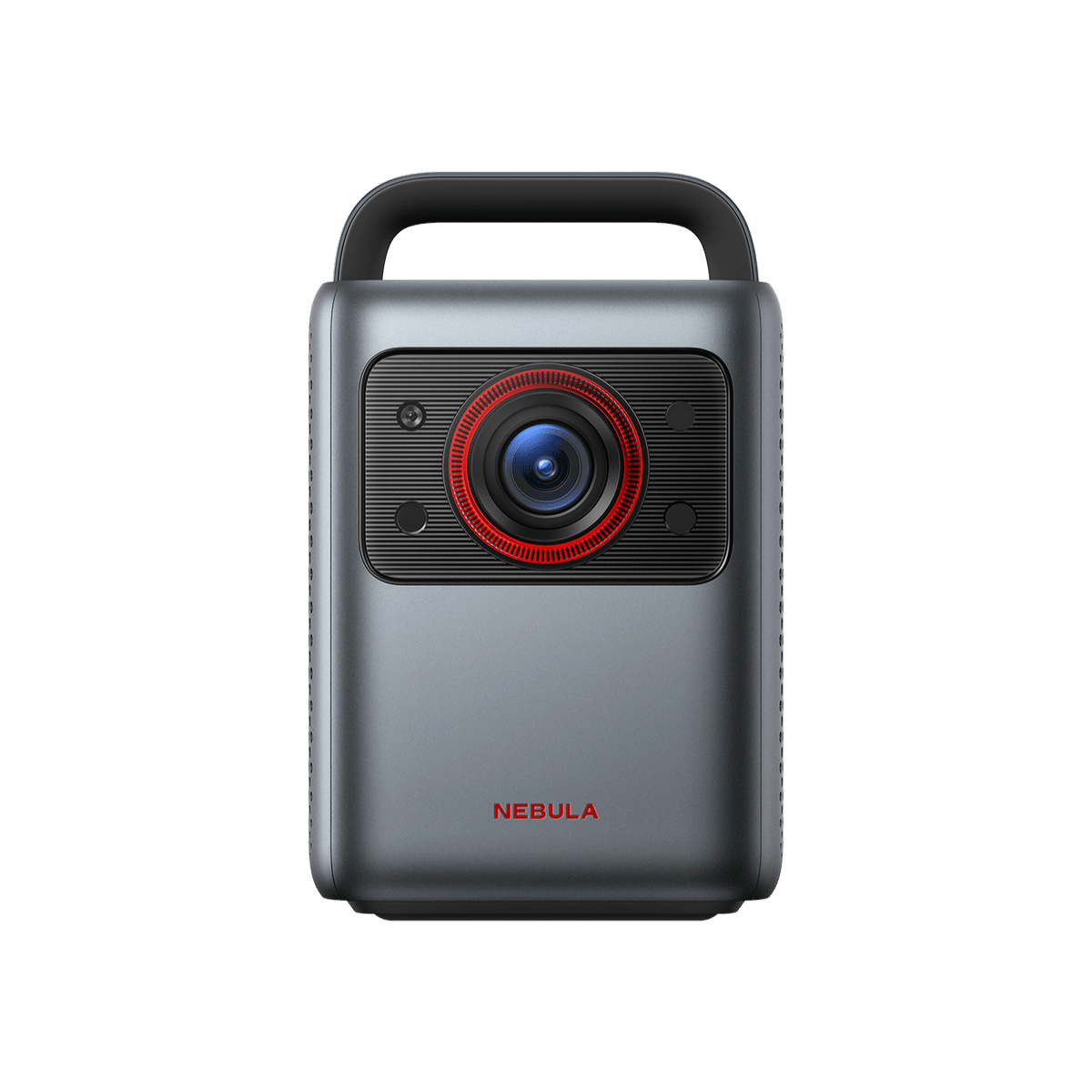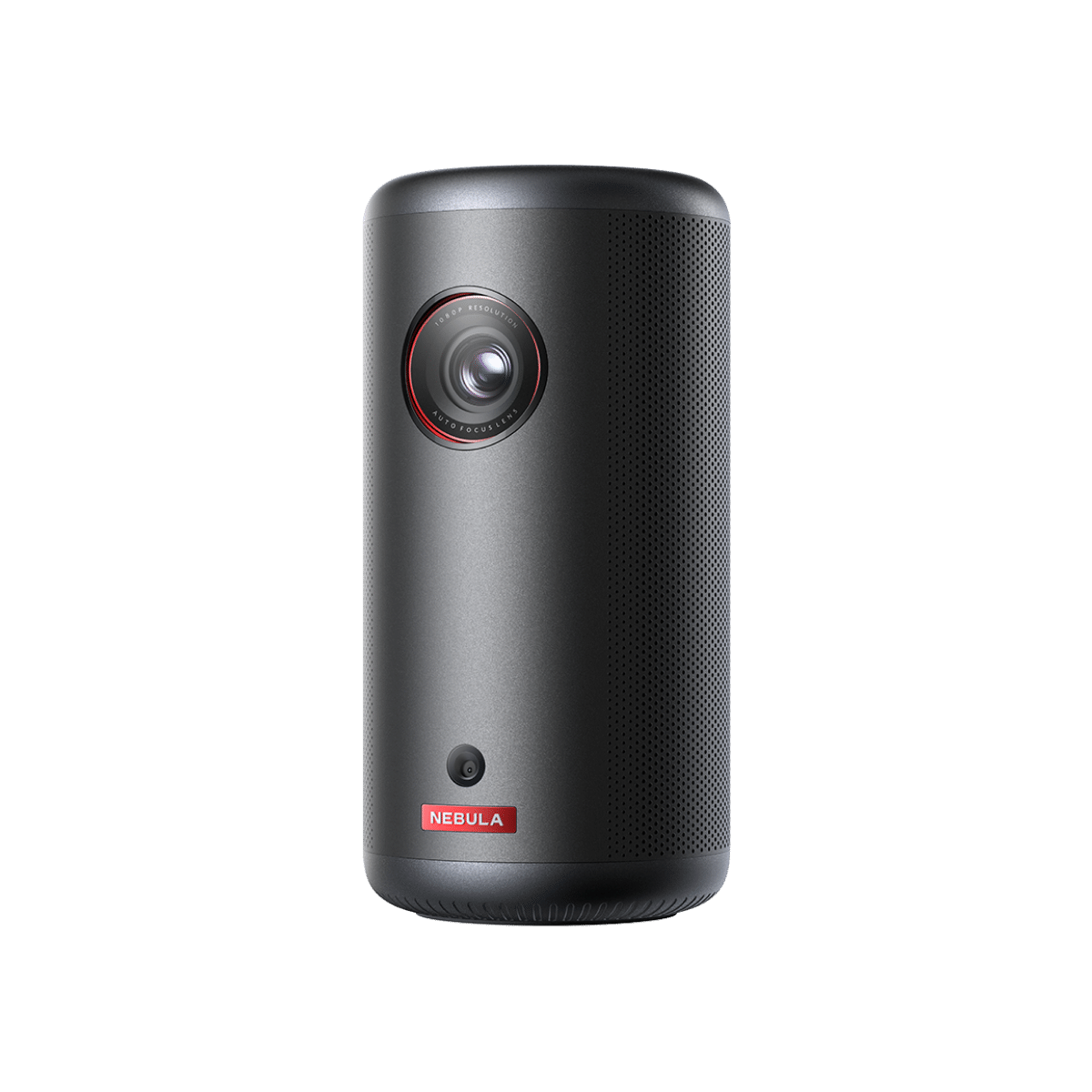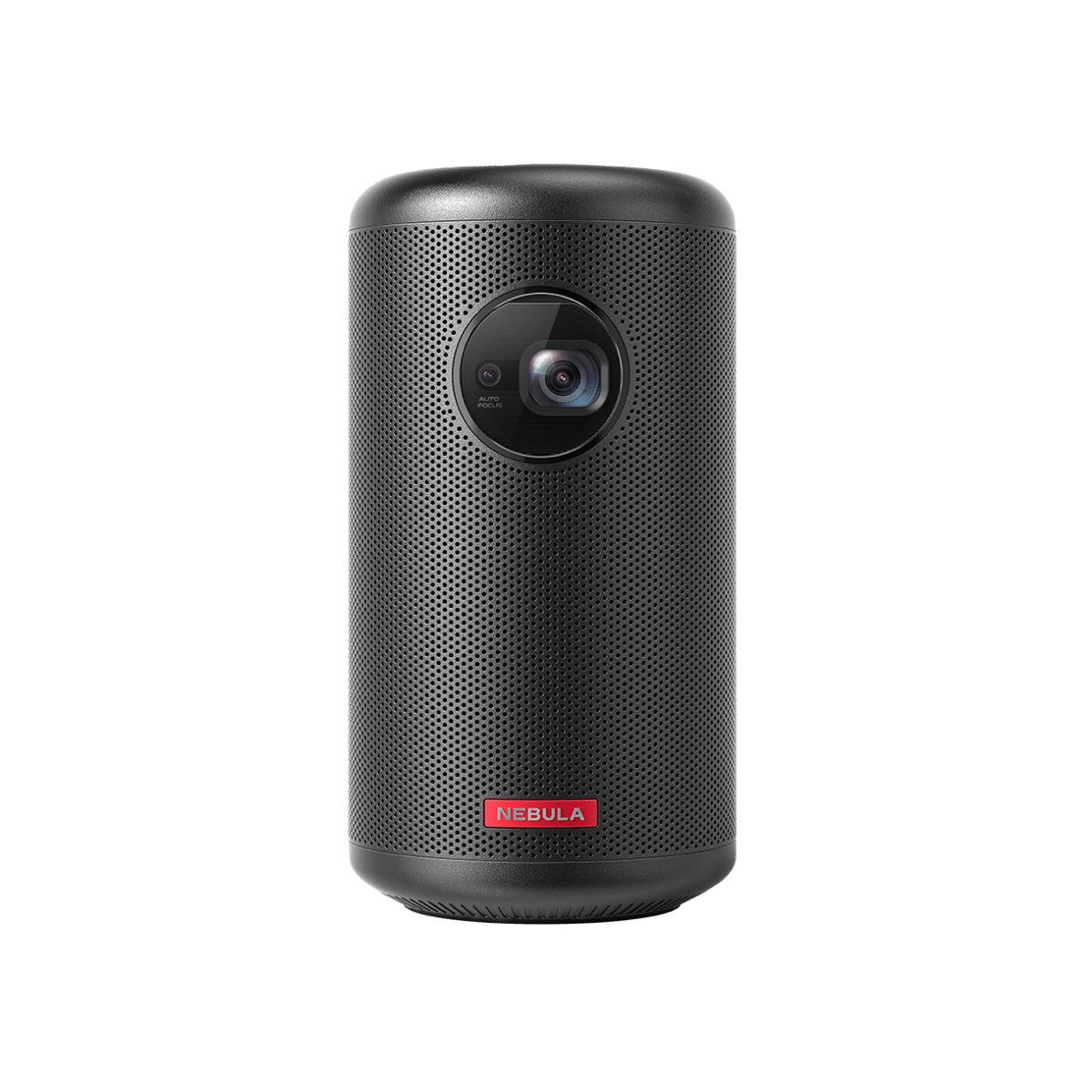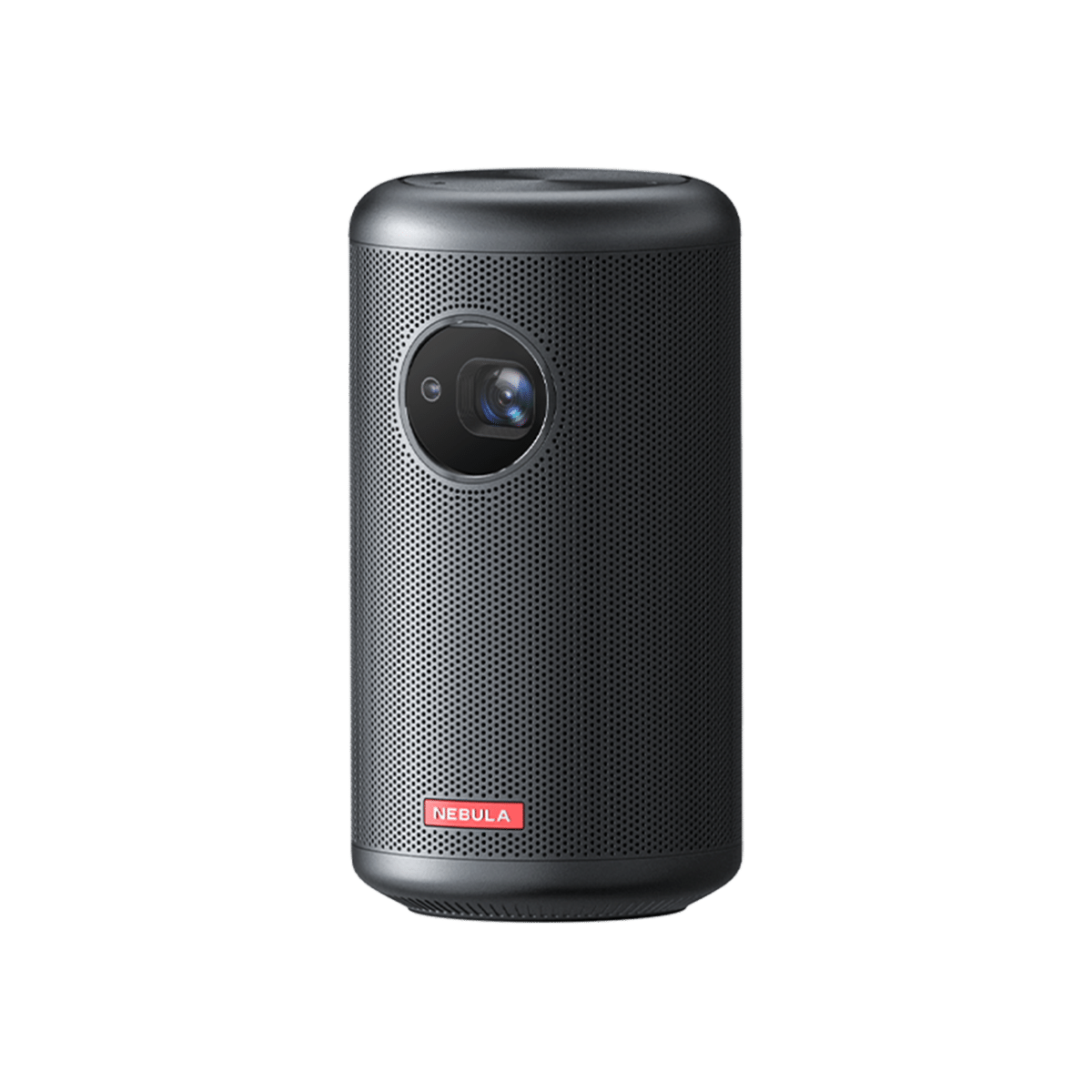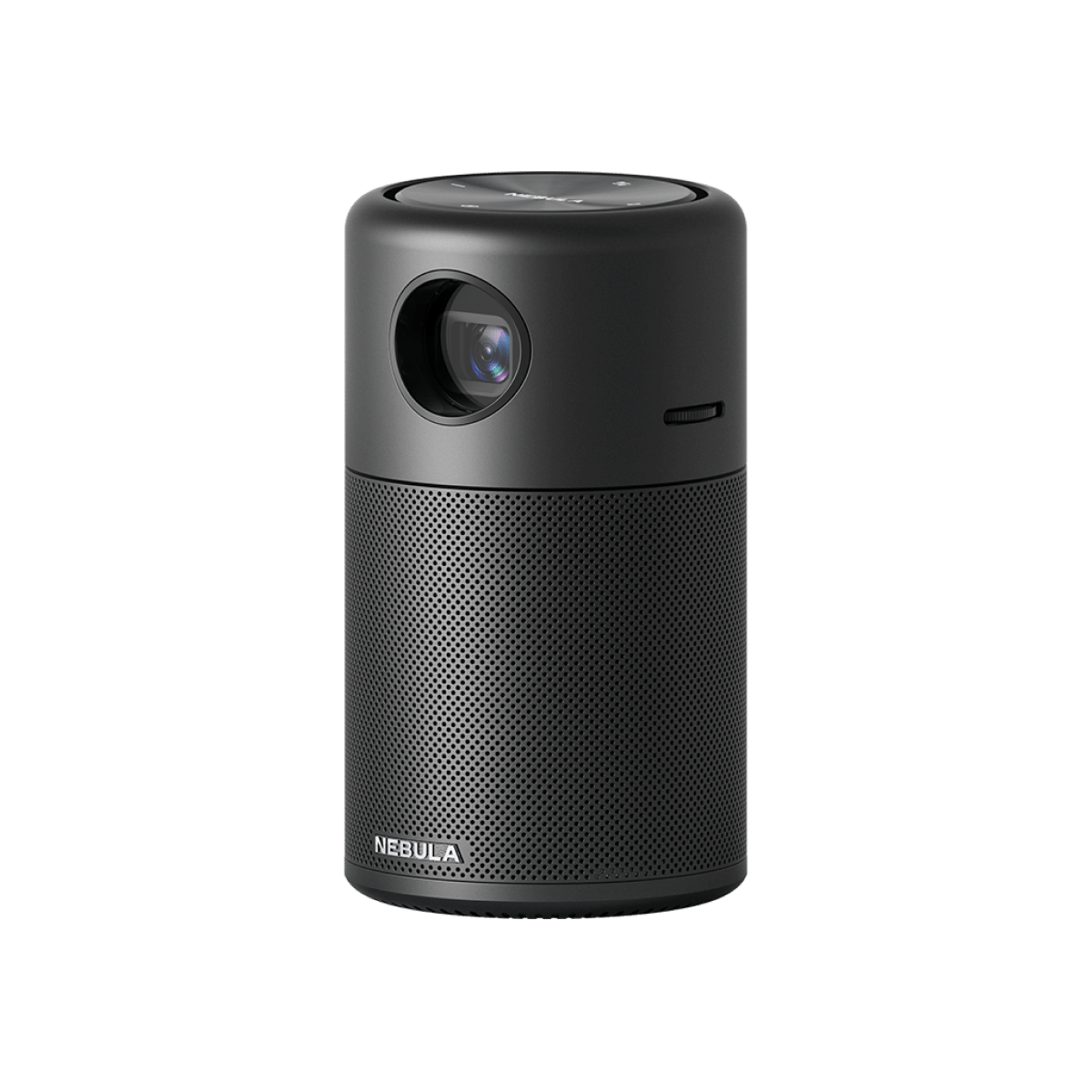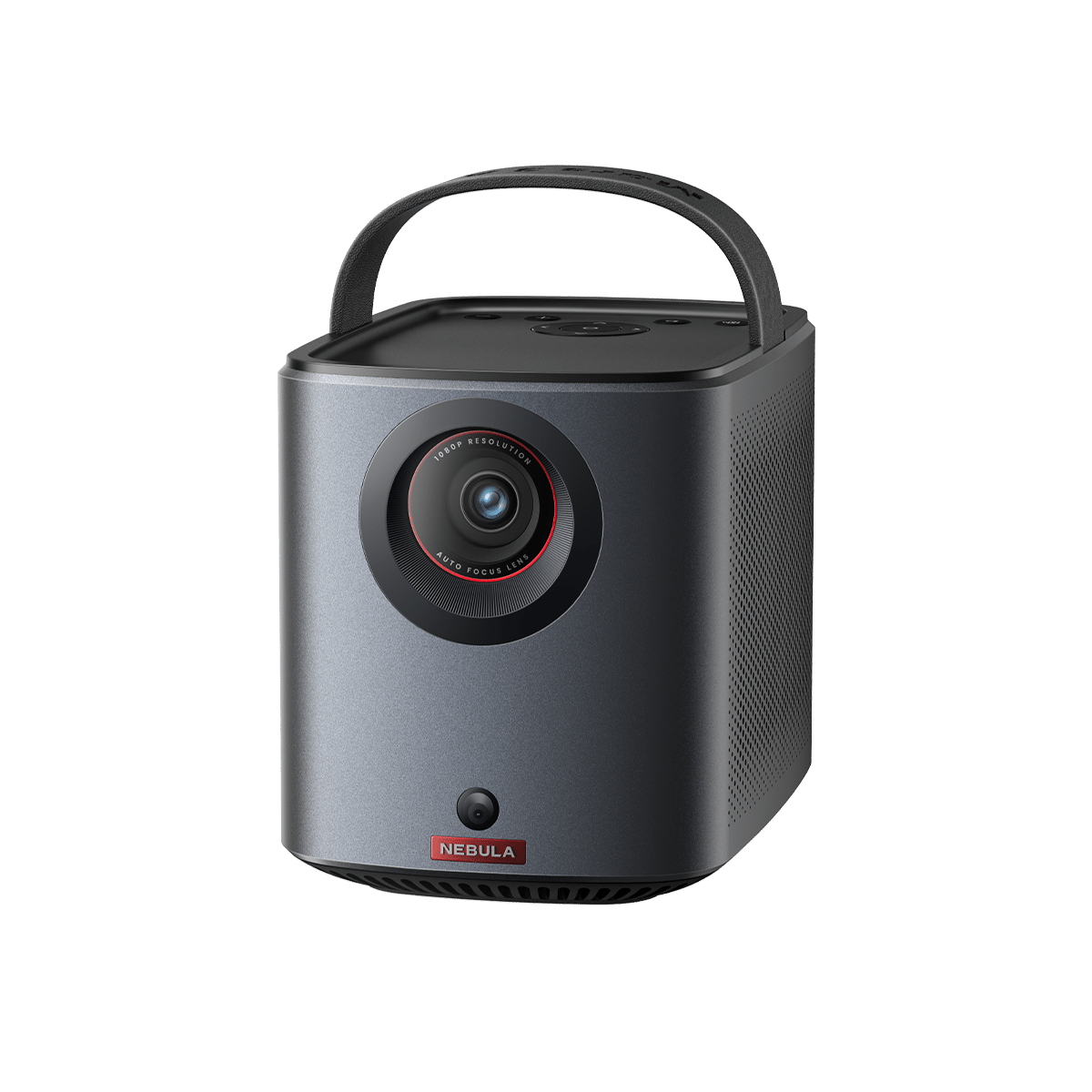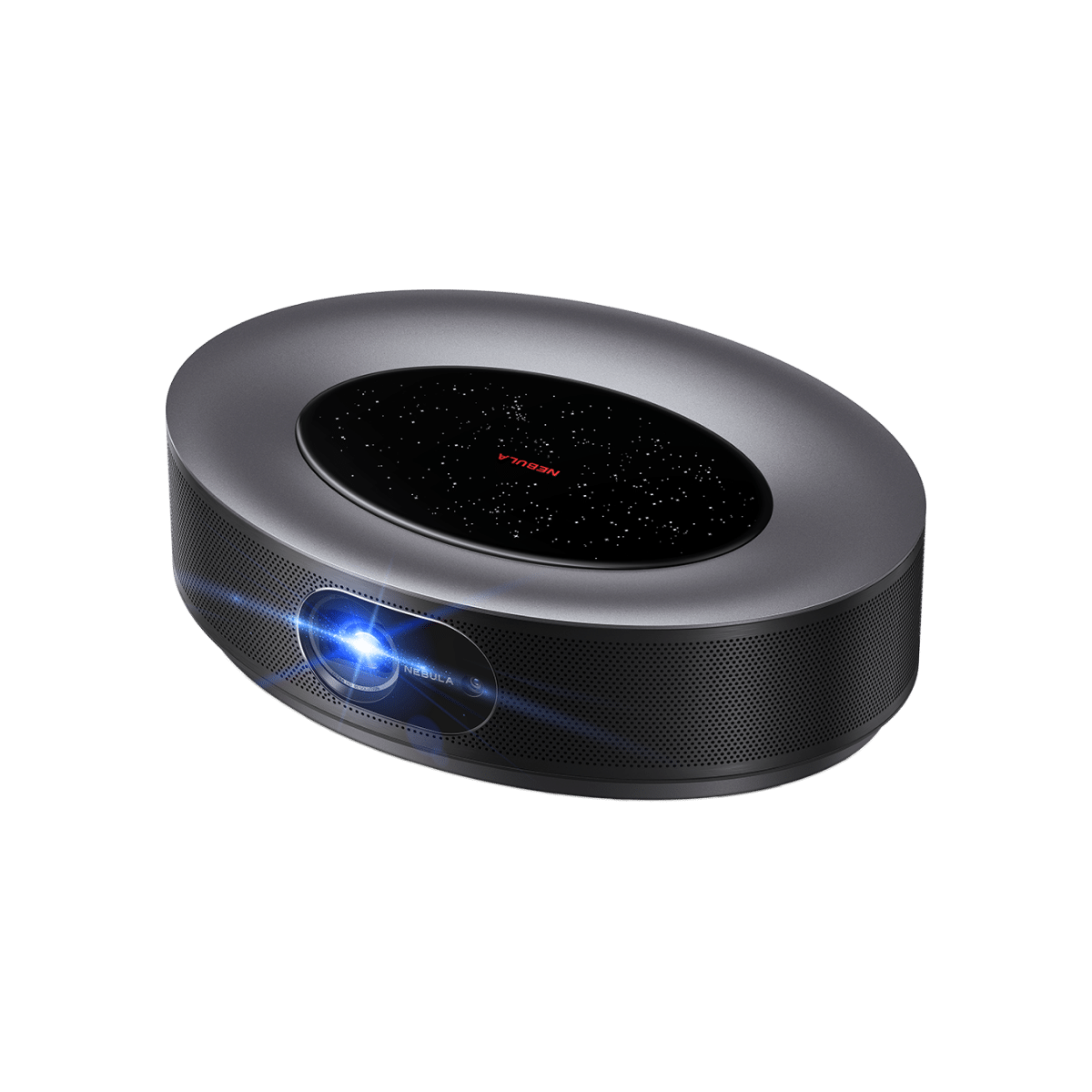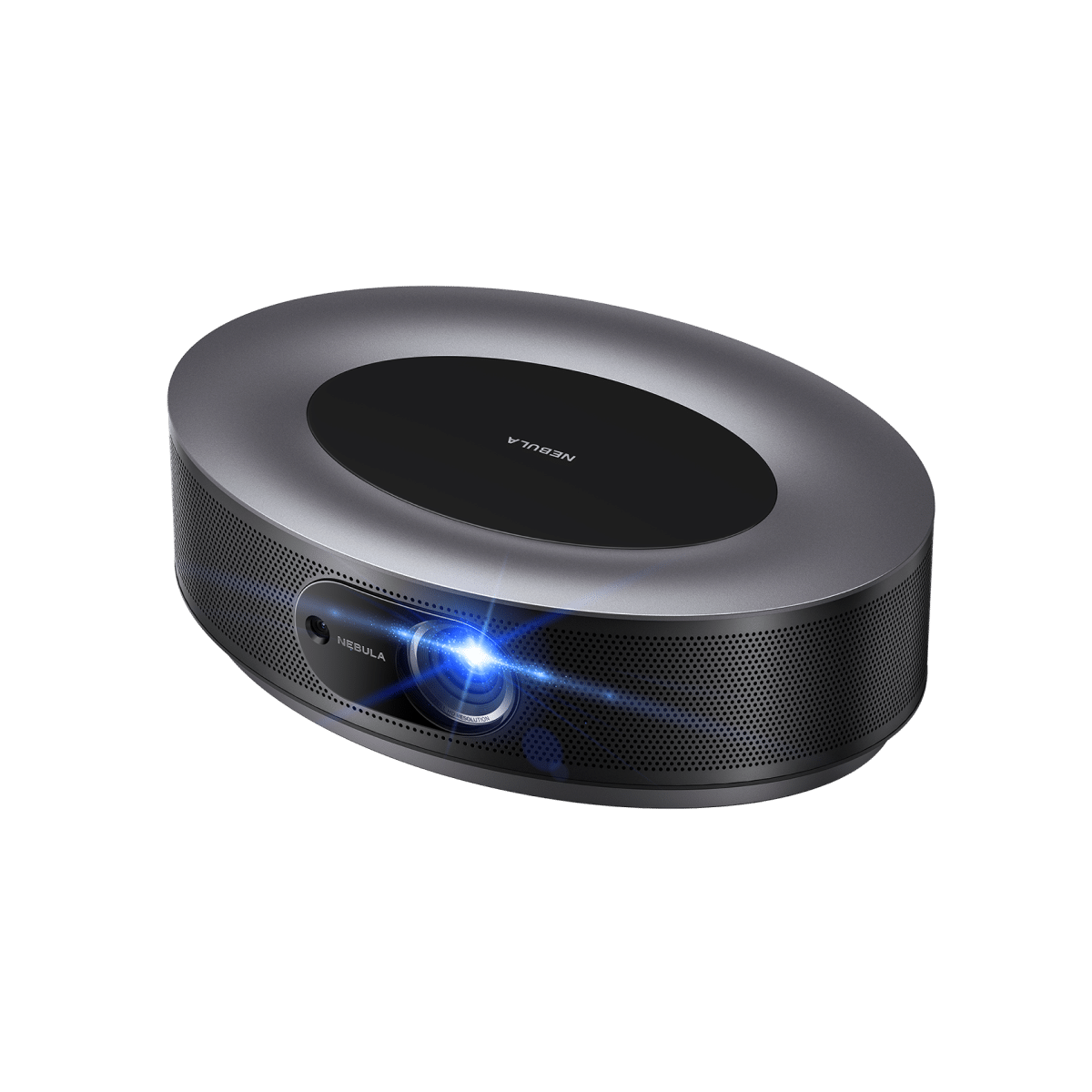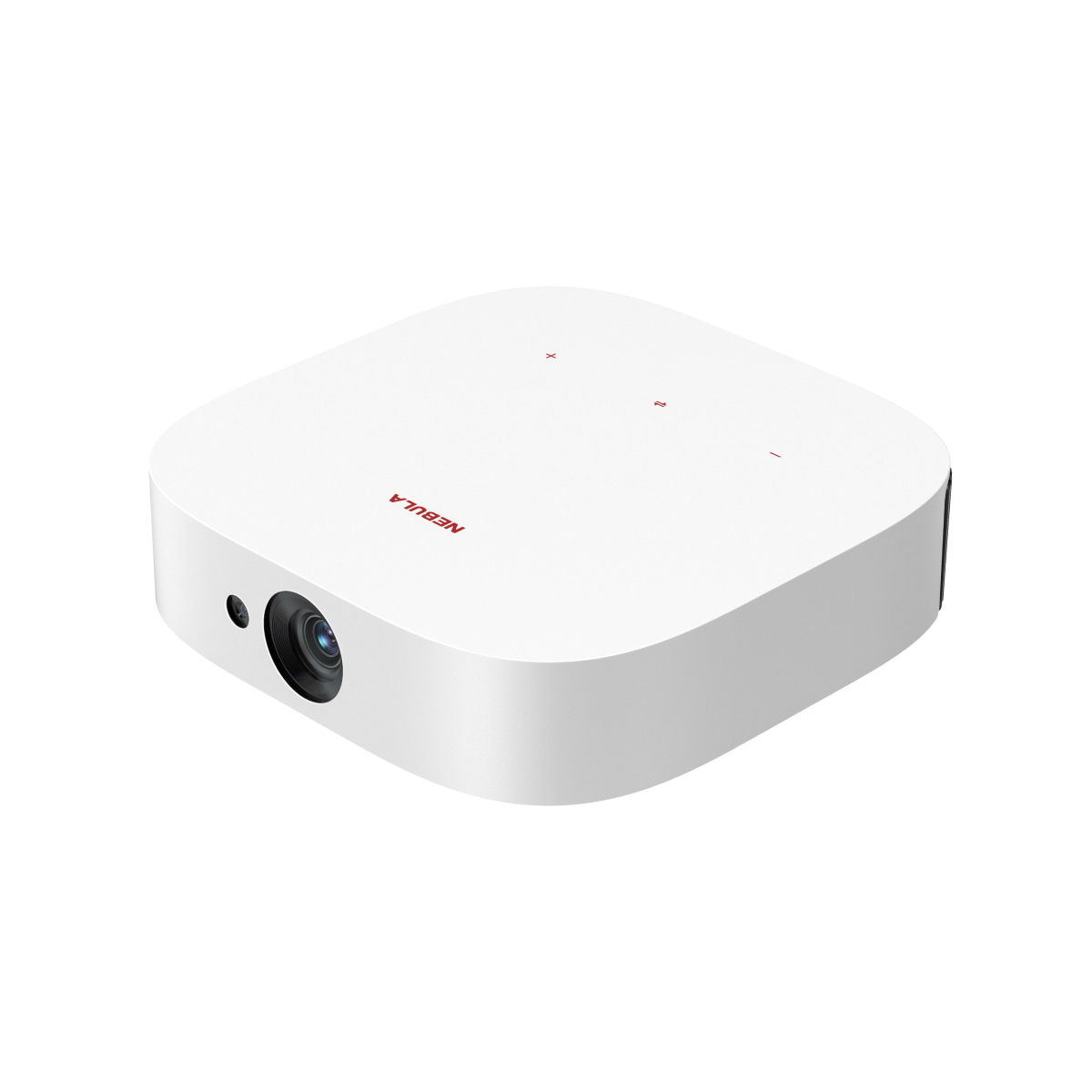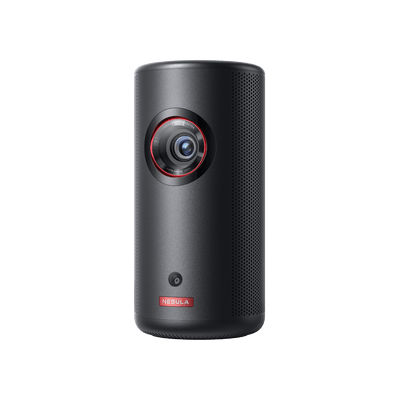Projectors have become a staple in many settings, casting images in everything from home cinemas to boardrooms. But beneath the bright displays lies an important question: How much power do they actually consume? Typically, projector wattage can range from a modest 50 watts for smaller, portable models to upwards of 800 watts for high-end, feature-rich versions. This range is not just broad but also influenced by the type of projector-LED units tend to be on the lower end of the power scale, while traditional bulb projectors may demand more. As we delve deeper into the world of projectors, we will explore the intricacies of their power needs, identify the primary factors that sway this consumption, and offer savvy tips to keep energy use to a minimum. Let's get started!

Factors that Influence Watts Use of a Projector
The wattage use of a projector is not a static figure; it's influenced by a variety of factors. Here are some of the key elements that determine how much power a projector will consume:
1. Projection Technology
The underlying technology of the projector - whether it's DLP (Digital Light Processing), LCD (Liquid Crystal Display), or LCoS (Liquid Crystal on Silicon - has an impact on projector power consumption, with each having different energy requirements.
2. Brightness of the Projector
The brightness of a projector, often measured in lumens, plays a pivotal role in power consumption. Projectors with higher lumen ratings tend to consume more electricity compared to their lower-lumen counterparts. You can also know how many amps a projector uses if you check its brightness.
3. Resolution and Color Processing
Resolution has an obvious impact onhow much power a projector uses. Higher-resolution projectors may draw more power as they work to produce a more detailed image. Similarly, projectors that support a wider color gamut or higher color accuracy can also use more energy.
4. Environmental Factors and Room Size
The size of the room and the ambient light conditions can significantly influence a projector's power requirements. Larger spaces and well-lit rooms may necessitate projectors with higher lumen outputs.
5. Type of Media
The content you plan to project also affects the projector's power consumption. Streaming high-resolution 4K video content, for example, demands more energy than displaying simple text or images.
6. Projector Age
The age of the projector is another critical factor. Older models may be less energy-efficient compared to their newer counterparts, which often come equipped with advanced power-saving features.
Reducing Projector Electricity Consumption
Minimizing the amount of electricity, a projector uses is not only eco-friendly but can also help you save on energy costs. If you want to lower the projector power consumption in watts for this product, here are some strategies to achieve this:
Choose an Energy-Efficient Model
When in the market for a projector, consider models with Energy Star ratings or those that feature energy-efficient technologies like Nebula's Capsule Max mini projector. These mini projectors are designed to consume less power without compromising on performance.

Adjust Optimal Viewing Settings
To optimize electricity consumption, tailor the projector's settings to match the specific environment. Lowering the brightness in darker rooms and avoiding over-brightening can significantly reduce energy usage without sacrificing image quality.
Use Eco Mode
Most projectors come with an Eco mode or power-saving setting. When activated, it can reduce the projector's brightness and power consumption. Adjust the projector settings to use Eco mode whenever possible.
Turn It Off When Not in Use
This might sound obvious, but it's essential. Make sure to turn off the projector when it's not in use. Some projectors have timers or sleep modes that can automatically power down the device after a period of inactivity.
Unplug or Use Power Strips
Even when turned off, many electronic devices, including projectors, consume a small amount of standby power. Unplugging the projector or using a power strip with an on/off switch can prevent this energy drain.
Use Energy-Efficient Bulbs
If your projector uses replaceable bulbs, opt for energy-efficient options. LED or laser projectors are more energy-efficient than traditional lamp-based projectors so you can save on projector watts per hour.
Proper Ventilation
Ensure that the projector is adequately ventilated and not overheating. Overheating can reduce the lifespan of the projector and might lead to increased power consumption. Clean the filters regularly to maintain proper airflow.
Schedule Regular Maintenance
Maintain the projector according to the manufacturer's recommendations. Regular cleaning and servicing can ensure that it operates at peak efficiency, reducing the need for higher power usage.
Invest in Smart Automation
You can use smart home or office automation systems to schedule when the projector turns on and off. This ensures that it's not left on when not needed.
Conclusion
In summary, a projector's wattage usage is determined by its brightness, technology, and additional functionalities, ranging broadly from 50 to 800 watts. Understanding these factors can help you select and use your projector wisely, striking a balance between optimal performance and energy efficiency. Embracing energy-saving settings and mindful usage can also contribute to lowering overall power consumption, making your cinematic or presentation experiences both visually impressive and cost-effective.
Frequently Asked Questions
Does a Projector Use More Electricity Than a TV?
Projectors generally consume more electricity than TVs due to their higher brightness and the need to illuminate a larger screen. However, the specific power usage depends on the projector and TV models as well as the TV electricity usage.
How Many Watts is a Good Projector?
A good projector typically uses between 50 watts for basic, portable models and up to 800 watts for advanced, high-brightness units. The ideal wattage for your projector hinges on your specific requirements for image quality and projection size, balanced against energy efficiency.
Do Projectors Use a Lot of Electricity?
Projectors do not necessarily use a lot of electricity. Projector power consumption can be quite economical or relatively high based on the model. A low-power 50W projector costs only about a cent for two hours of use, making it more energy-efficient than many TVs. However, a high-end 800W model can cost 24 cents for the same usage period, leading to an annual expense of approximately $5.40 to $86.43, depending on the frequency and duration of use. This range indicates that while projectors can be energy-efficient, the cost can accumulate with higher wattage units and frequent usage.
